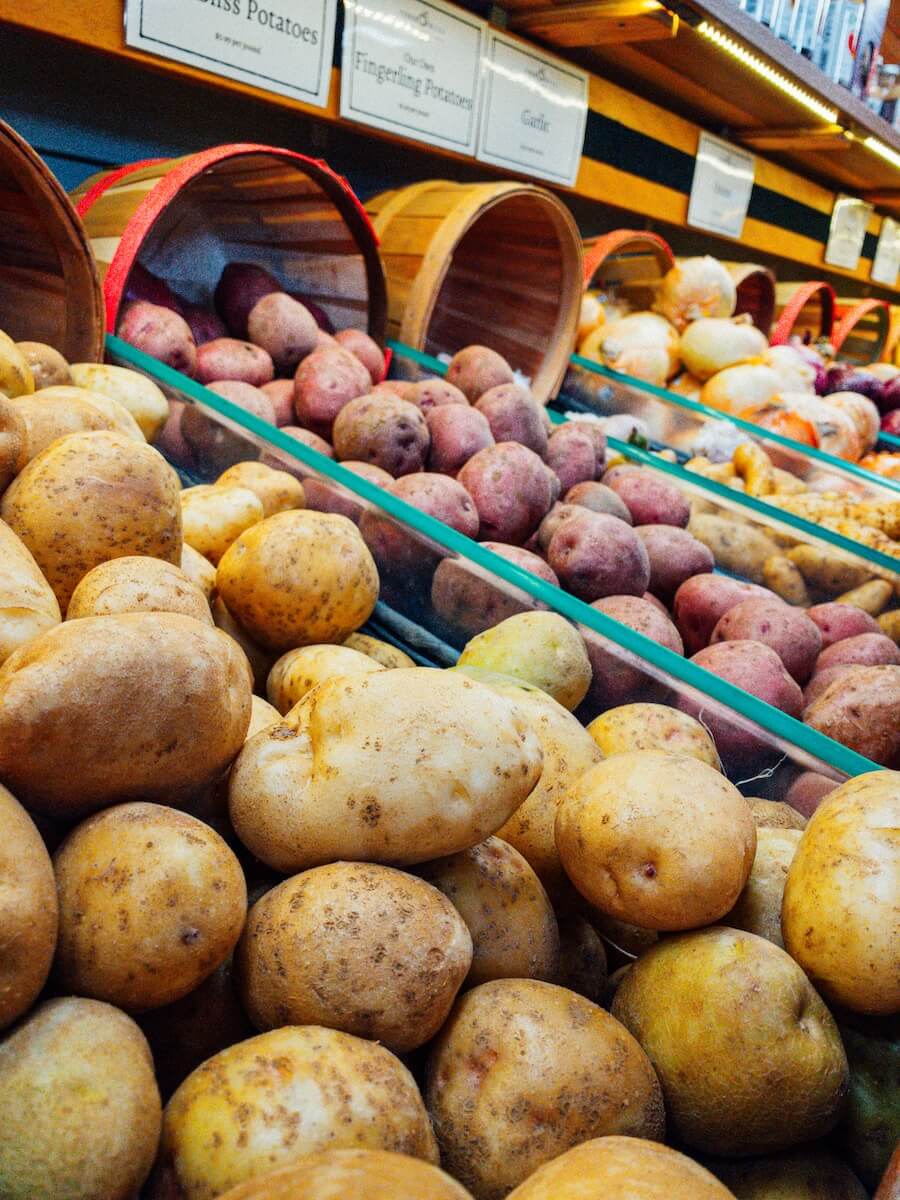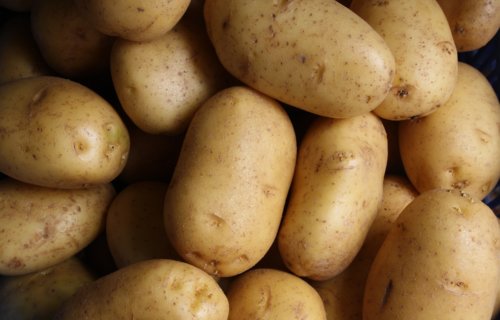MONTREAL, Quebec — The search is underway for a new “super potato” capable of withstanding the impacts of global warming. However, the answer may not be on a farm but in a genetics lab.
A team of scientists from Canada, the United States, and Peru is assembling a “super pangenome” to identify the genetic traits necessary for creating a versatile potato for the future. The team’s work is especially poignant given that the potato was first domesticated in the southern mountains of Peru nearly 10,000 years ago.
Specifically, the team created a genomic sequence of nearly 300 varieties of potatoes and their wild relatives to develop a more nutritious and disease-free food source which is resistant to climate change.
“Our super pangenome sheds light on the potato’s genetic diversity and what kinds of genetic traits could potentially be bred into our modern-day crop to make it better,” says Professor Martina Strömvik from McGill University in Canada, in a media release. “It represents 60 species and is the most extensive collection of genome sequence data for the potato and its relatives to date.”
A genome contains an organism’s complete set of genetic instructions, known as the DNA sequence. A pangenome aims to capture the complete genetic diversity within a species, while a super pangenome encompasses multiple species.

The potato is a critical food source for many people globally, ranking just behind rice and wheat in terms of human consumption. The team’s ultimate goal is to develop a “superspud” that is disease-resistant as well as drought and frost-resistant.
To construct the potato pangenome, researchers employed supercomputers to analyze data from public databases, including gene banks in Canada, the United States, and Peru. The team believes that the pangenome can provide answers to numerous questions about the evolutionary history of the potato. It could also aid in identifying specific genes that can be targeted either through traditional breeding methods or gene-editing technology to create a super potato.
“Wild potato species can teach us a lot about what genetic traits are critical in adapting to climate change and extreme weather, enhancing nutritional quality, and improving food security,” adds Prof. Strömvik.
The study is published in the journal Proceedings of the National Academy of Sciences.
You might also be interested in:
- Sweet potato dreams: This prebiotic veggie helps babies sleep well, boosts their immune systems
- Spud surprise: Eating potatoes won’t increase diabetes or hypertension risk, study claims
- Best Of The Best Potato Chips: Top 5 Mouth-Watering Crisps Most Recommended By Experts
South West News Service writer Jim Leffman contributed to this report.

Lea la versión en español en EstudioRevela.com: Inmune al cambio climático? Los genetistas están en busca de una superpapa que salve las cosechas.
